Pharma Industry News Update: 27 September 2016
Featured Survey 
Direct-to-Consumer Off-Label Drug Promotion SurveyThis survey solicits your opinion possible FDA future decisions regarding off-label drug promotion to patient and consumer audiences. CLICK HERE to take the survey.
![]()
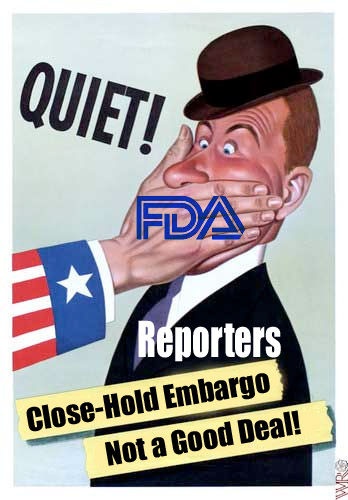 How the FDA Turns Journalist Watchdogs Into Lapdogs
How the FDA Turns Journalist Watchdogs Into Lapdogs
The deal was this: NPR, along with a select group of media outlets, would get a briefing about an upcoming announcement by the U.S. Food and Drug Administration a day before anyone else. But in exchange for the scoop, NPR would have to abandon its reportorial independence. The FDA would dictate whom NPR’s reporter could and couldn’t interview.
This kind of deal offered by the FDA – known as a close-hold embargo – is an increasingly important tool used by scientific and government agencies to control the behavior of the science press.
Documents obtained by Scientific American through Freedom of Information Act requests now paint a disturbing picture of the tactics that are used to control the science press. For example, the FDA assures the public that it is committed to transparency, but the documents show that, privately, the agency denies many reporters access – including ones from major outlets such as Fox News – and even deceives them with half-truths to handicap them in their pursuit of a story. At the same time, the FDA cultivates a coterie of journalists whom it keeps in line with threats. And the agency has made it a practice to demand total control over whom reporters can and can’t talk to until after the news has broken, deaf to protests by journalistic associations and media ethicists and in violation of its own written policies.
More here…
FDA isn’t alone in manipulating the press. Read, for example, “Academics Exaggerate, Journalists Regurgitate” and “Bad Journalism Abets Bad Pharma: Philly Inquirer Editors Raked Over Coals”
Just Like DTC Ads, Pharma Cancer Drug Websites Emphasize Benefits Over Risks
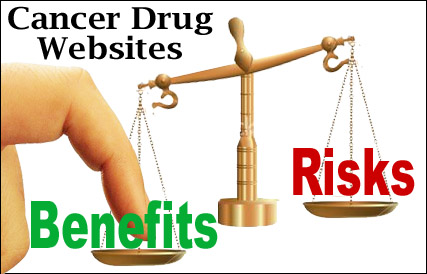
Researchers from the US Food and Drug Administration’s (FDA) Office of Prescription Drug Promotion (OPDP) and research firm RTI International say that websites for cancer-drugs are ten times more likely to include quantitative information about all the benefits of a drug versus all its risks.
For consumer oriented websites, the researchers found that 38.5% contained quantitative data on the full list of benefits, compared to only 3.1% that offered quantitative data on all the drugs’ risks. For professional oriented websites the figures were 86.1% and 6.2%, respectively.
Also read: “Oncologists Say Cancer Drug Advertising Fosters Misinterpretation of Efficacy by Patients” and “Breakthrough Cancer Therapy DTC Advertising Boldly Emphasizes the Positive”
![]()
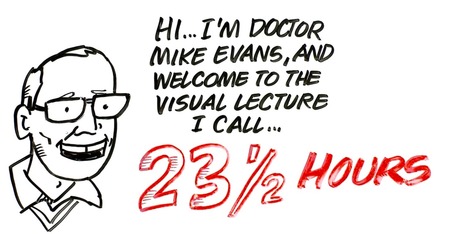 Apple Hires YouTube @DocMikeEvans to Prescribe Health Apps!
Apple Hires YouTube @DocMikeEvans to Prescribe Health Apps!
Mike Evans, known on YouTube as “DocMikeEvans,” has joined Apple to work on digital health care. Evans is best known for his videos where he narrates while an animated doctor gives health tips and advice.
“What happens now is I see you. Let’s say you have high blood pressure. I prescribe you a pill for that. I see you two or three times a year,” he told the CBC.
“In future, I’ll prescribe you an app. One of our whiteboards will drop in and explain what high blood pressure is. The phone will be Bluetoothed to the cap of your pills. I’ll nudge you towards a low salt diet. All of these things will all happen in your phone. I see you two or three days a year. The phone sees you everyday.”
Evans isn’t Apple’s first big health hire. The company has been on the hunt for medical talent for a few years now. Previously, it has hired endocrinologists from Stanford Children’s Health, experts in biomedical engineering, and an executive who was previously an top leader at Merck and a faculty member at Harvard Medical School.
You might also be interested in reading: “AMA CEO Calls Out Medical Apps as ‘Digital Snake Oil’” and “Most Doctors Not Yet Ready to Recommend Mobile Apps & Wearable to Patients” and “Kevin Pho, MD, is not ready to prescribe mobile health apps. Why not?”
Forget Mobile-Enabled Web – You Need an App for That + Video!
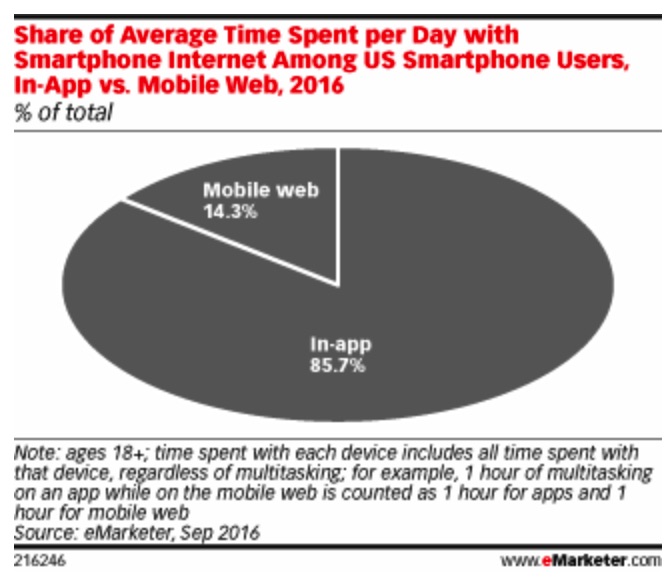
When it comes to the amount of time Americans have their heads buried in their smartphones, increasingly they’re using apps rather than surfing the mobile web. According to its latest estimates of time spent with media, Americans are spending even more time in mobile apps than previously thought – driven by consumption of news and video, as well as use of productivity apps, social media and mobile messaging platforms.
This year, US adults will spend 1 hour and 54 minutes a day using apps on their smartphones, 7 minutes more than last year. In contrast, they’ll only surf the mobile web on their phones for 19 minutes a day, a decline of 2 minutes from last year. In other words, apps will account for 86% of adults’ nonvoice smartphone time this year, with the mobile web accounting for just 14%.
In addition to productivity and news apps, video continues to be a key driver of mobile, specifically smartphone, usage. Video time on mobile devices overtook that on desktop last year. This year, video consumption on smartphones will exceed that on tablets. American adults will consume video on their smartphones for an average of 15 minutes a day. That figure will steadily increase through 2018, as video consumption on desktop declines slightly.
Gallery of Scary Pharma Industry Advertising
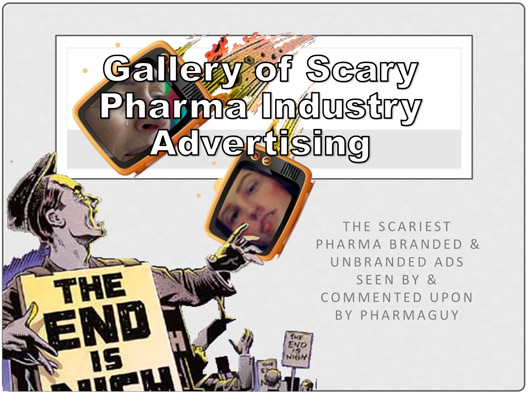
The scariest pharma branded & unbranded ads seen by and commented upon by pharmaguy.





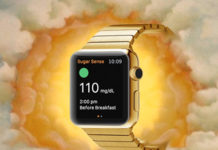
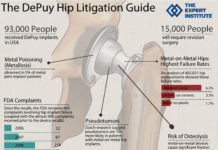

![6 Digital Tools at the Center of Healthcare Digitalization [INFOGRAPHIC]](http://ec2-54-175-84-28.compute-1.amazonaws.com/pharma-mkting.com/wp-content/uploads/2021/04/6DigitalTools_600px-100x70.jpg)




